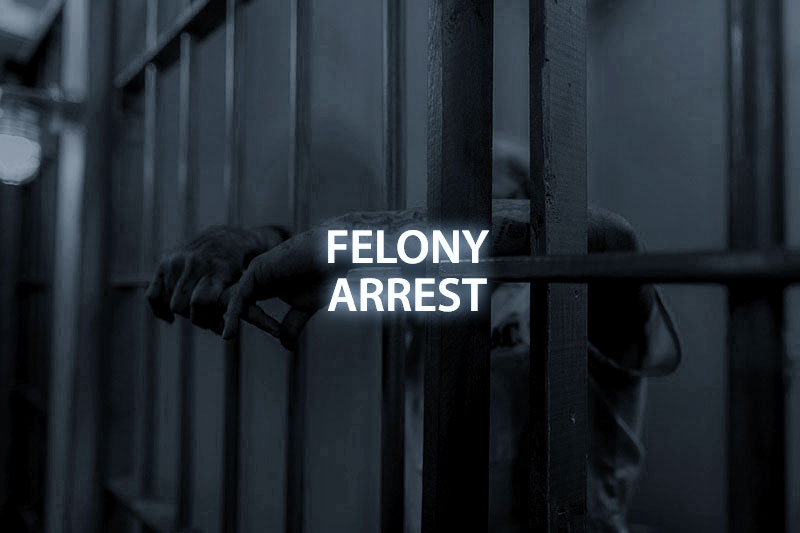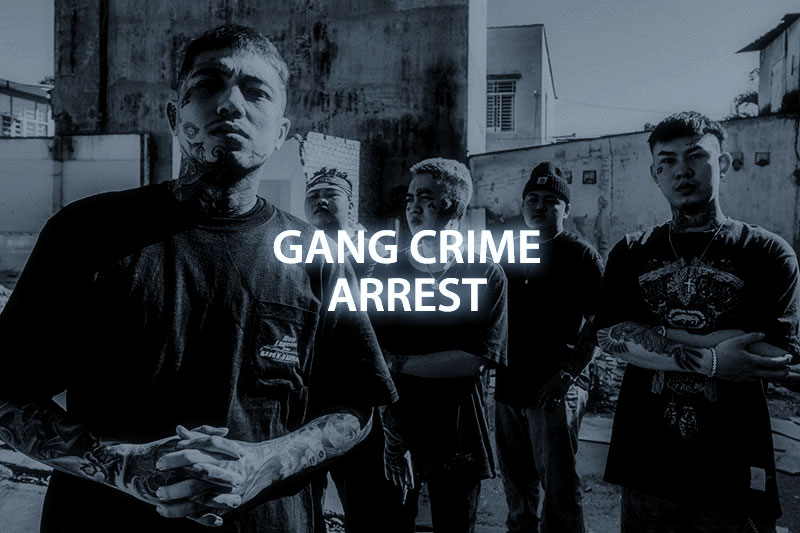The Three Strikes law in California underscores the critical importance of understanding how crimes are classified and the long-term consequences of criminal convictions. Seemingly minor offenses can lead to disproportionately severe punishments if they constitute a third strike, manifesting in extended, if not life-long, sentences. Awareness and appropriate legal counsel are crucial for those navigating the potential pitfalls of this stringent legislative framework. For individuals, especially those with prior convictions, even minor legal transgressions demand careful attention and proactive legal defense to mitigate the potentially drastic implications of the Three Strikes law.
The Romero Motion is more than just a legal technicality; it's a lifeline for individuals who have been ensnared in the often inflexible net of the Three Strikes law. By acknowledging the potential for rehabilitation and the concept of proportional sentencing, Romero Motions humanize the criminal justice system, offering a second chance for those deemed overly punished for their past. While not a guarantee of leniency, the Romero Motion remains a powerful tool for those seeking to escape the shadow of life sentences and regain a shot at a future outside prison walls.
The road to rebuilding after a gang conviction is undeniably challenging, compounded by systemic barriers to employment, housing, and social reintegration. Yet, with determination, support, and strategic use of available resources, it is possible to forge a path toward a stable and fulfilling life. California, like many places, offers pathways to redemption and recovery; it is up to the individuals and society to navigate these pathways with empathy, support, and understanding.


